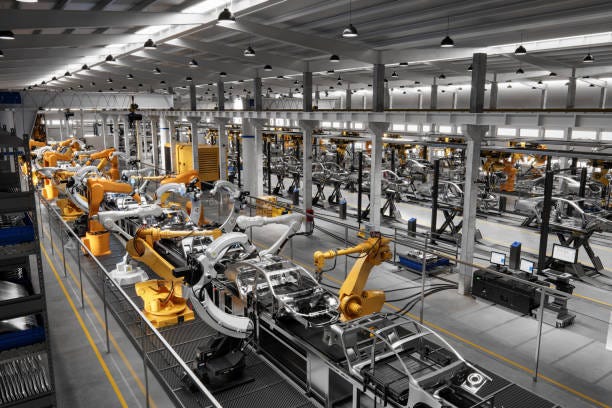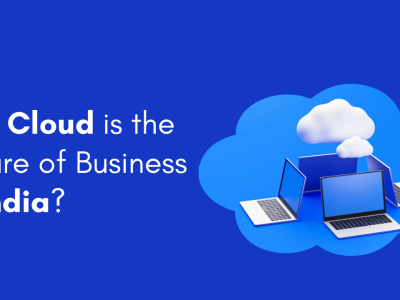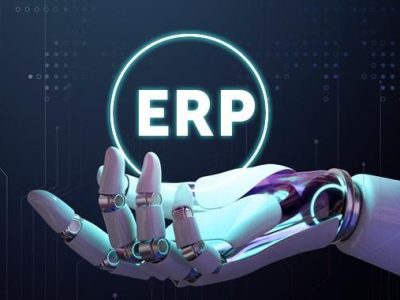Introduction to Industry 5.0
The industrial world is undergoing a revolutionary transformation. While Industry 4.0 focused on automation, IoT, and machine-to-machine communication, Industry 5.0 takes a more human-centric approach. It reintroduces human intelligence and creativity into automated environments, aiming for a perfect synergy between humans, machines, and intelligent systems like Enterprise Resource Planning (ERP) software.
In this new era, businesses aren’t just automating — they’re augmenting. And that’s where the fusion of Human + Machine + ERP becomes the cornerstone of smart, sustainable, and resilient manufacturing.
What is Industry 5.0?
Industry 5.0 is the evolution of smart manufacturing where human expertise works in harmony with machines and digital tools. It’s not about replacing workers but empowering them with intelligent technologies to make faster, more accurate, and more strategic decisions.
Key elements of Industry 5.0 include:
- Human-centric design and workforce empowerment
- Sustainability and ethical technology use
- Advanced technologies like AI, robotics, IoT, and machine learning
- Real-time, data-driven decision-making powered by modern ERP systems
Why ERP is Critical in Industry 5.0
ERP systems are the digital backbone of modern enterprises. In Industry 5.0, ERP doesn’t just manage operations — it enables intelligent collaboration between humans and machines.
Top Benefits of ERP in Industry 5.0:
- Real-Time Data for Human Decisions
Modern ERP platforms like Microsoft Dynamics 365 Business Central provide instant access to real-time operational data, helping teams make smarter, faster decisions on the shop floor. - Enhanced Human-Machine Collaboration
ERP bridges the gap between robotics, AI, and human input by offering integrated dashboards, predictive analytics, and workflow automation. - Sustainability and Resource Optimization
ERP helps monitor energy usage, raw material consumption, and waste generation, aligning with Industry 5.0’s focus on sustainable practices. - Customized Workflows and Role-Based Access
Industry 5.0 thrives on personalization — ERP systems allow role-based interfaces so human workers interact only with what they need, increasing productivity. - Connected Supply Chain
ERP enables an intelligent, connected supply chain, linking human insight with automated logistics and procurement systems.

Human Touch in a Tech-Driven World
The core value of Industry 5.0 lies in restoring the human touch in manufacturing. It emphasizes creativity, innovation, and customization — areas where humans still outperform machines. ERP systems support this by automating repetitive tasks, allowing humans to focus on what they do best.
For example, a factory using ERP with AI integration can automatically generate demand forecasts. However, the production team still makes strategic decisions based on market dynamics, trends, and customer preferences — combining machine intelligence with human judgment.

How Microsoft Dynamics 365 Business Central Powers Industry 5.0
Microsoft Dynamics 365 Business Central is a cloud-based ERP that aligns perfectly with Industry 5.0 goals. Here’s how:
- Cloud-first architecture enables remote access and real-time collaboration
- AI-powered insights help teams make informed decisions
- Seamless integration with Microsoft Teams, Power BI, and IoT platforms
- Customizable dashboards improve productivity and usability for human workers
- End-to-end automation for finance, manufacturing, inventory, and CRM
Whether it’s managing shop-floor operations, tracking production performance, or enabling advanced analytics, Business Central makes it possible to achieve collaborative, agile, and human-centered manufacturing.
Conclusion: The Future of Manufacturing is Collaborative
As we embrace Industry 5.0, the integration of Human + Machine + ERP is not just a competitive advantage — it’s a necessity. Businesses that can strike the right balance between automation and human input will be the ones to thrive in the future.
ERP systems like Microsoft Dynamics 365 Business Central will be the central nervous system of this transformation — ensuring that technology doesn’t replace people, but rather empowers them.







